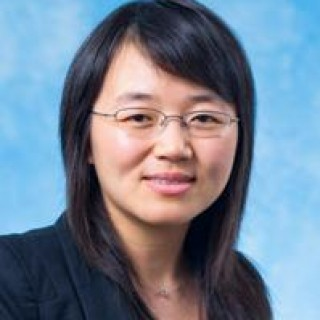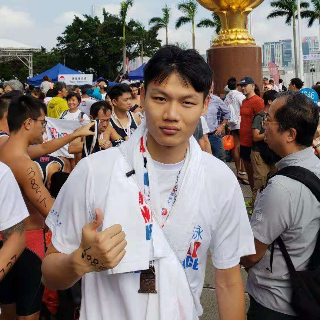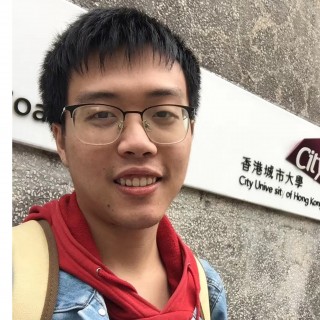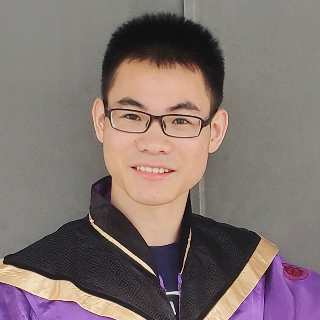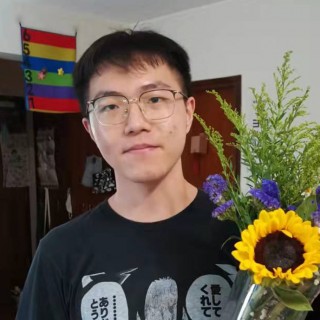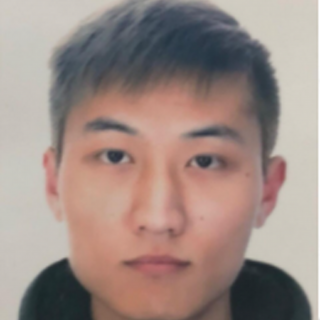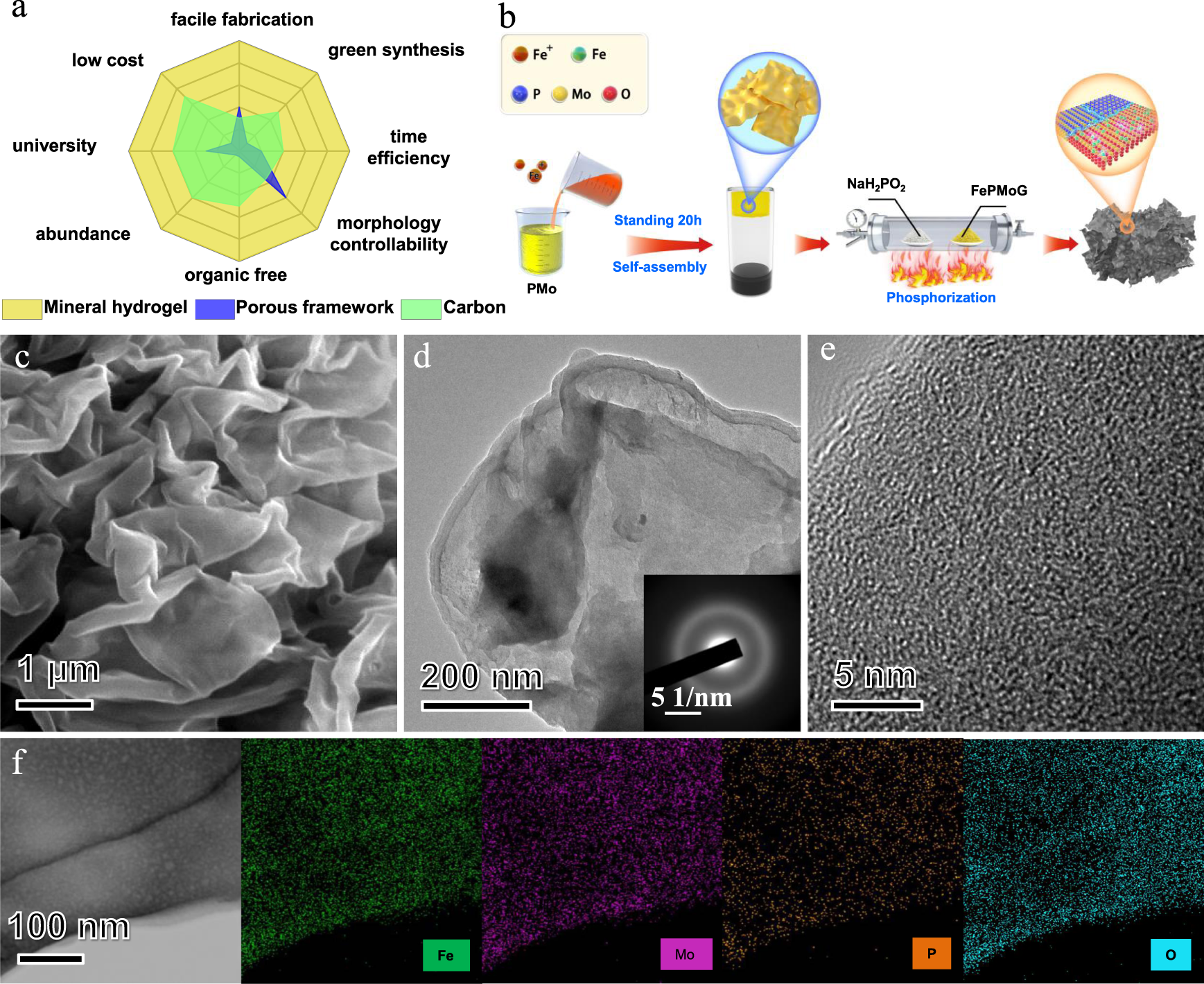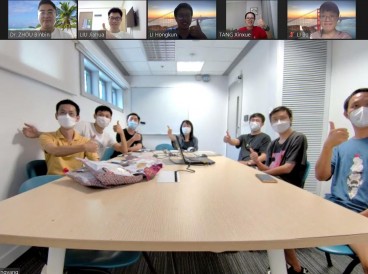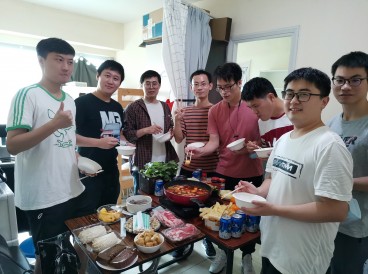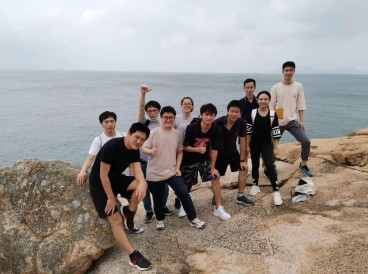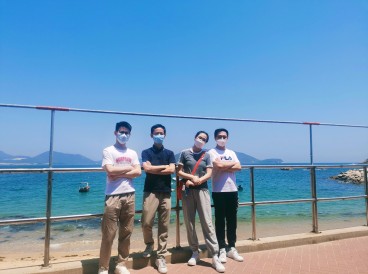Welcome to Yang Yang Li 's Group !
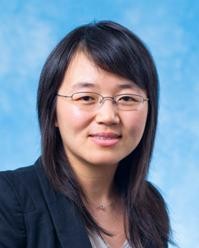
Dr. Yang Yang Li (李扬扬)
Room BOC-R7142, 7/F Red Zone, Yeung Kin Man Academic Building (Academic Building 1)
Department of Materials Science & Engineering
83 Tat Chee Avenue, Kowloon, Hong Kong SAR, China
Tel: +852 34427810 ; Email: yangli@cityu.edu.hk
Dr. Yang Yang Li is currently an associate professor at the Department of Materials Science and Engineering of CityU. Dr. Li received her B.S. degree from Peking University, M.S. degree from the National University of Singapore, and Ph.D degree from the University of California, San Diego. She worked as a Research Scientist at Hitachi Chemical Research Center, Irvine, CA, before joining CityU in 2007.
Dr. Li’s research interest lies in i) biomineralization mechanisms and green processing of ceramics; ii) sensors, particularly surface-enhanced Raman spectroscopy (SERS) probes for food safety, environmental, and biomedical applications; iii) electrochemistry of materials for electrocatalysis and charge storage. Dr. Li has published over 130 peer-reviewed papers in mainstream journals (such as Science, Adv. Mater., Adv. Funct. Mater., Angew Chem. In. Ed., and ACS Nano, as the 1st author or corresponding author), been granted over 20 US or Chinese patents, and served as an organizer or co-organizer at several international conferences (e.g., Symposium of Titanium Oxides at the MRS spring meeting, US, 2016).
Welcome to join us as a PhD Student or Postdoc Researcher!
For PhD applicants:
To meet the basic requirements of CityU admission, English proficiency test results must be provided.
PhD Minimum Entrance Requirements https://www.cityu.edu.hk/pg/research-degree-programmes/entrance-requirements
English Proficiency Requirement of College of Engineering:
---a minimum TOEFL score of 550 (paper-based) or 213 (computer-based) or 79 (internet-based); or
---a minimum overall band score of 6.5 in IELTS; or
---a score of 490 in the Chinese mainland’s College English Test Band 6; or
---other test scores that may be regarded as equivalent to TOEFL 550 (paper-based) or 213 (computer-based) or 79 (internet-based).
1. To apply for the PhD scholarship in a normal run (https://banweb.cityu.edu.hk/pls/PROD/hwskalog_cityu.P_DispLoginNon) PhD Awards and Scholarships
The Studentship rate for 2023/24 is HK$17,800 per month (~US$ 2,282 or RMB 16,600). The maximum award period is up to 4 years for full-time PhD students. Studentships are subject to revision in September each year, and any revision to the rate will apply to both current and new students.
2. For applicants with a very strong academic background, you are encouraged to apply for Hong Kong PhD Fellowship Scheme (https://www.cityu.edu.hk/pg/hong-kong-phd-fellowship-scheme)
The Fellowship provides awardees with a monthly stipend of HK$ 27,600 (~US$ 3,538 or RMB 25,700) and a conference and research related travel allowance of HK$13,800 (~US$1,760) per year for a maximum of three years.
If you are interested, please contact Prof. Li by email (yangli@cityu.edu.hk).



